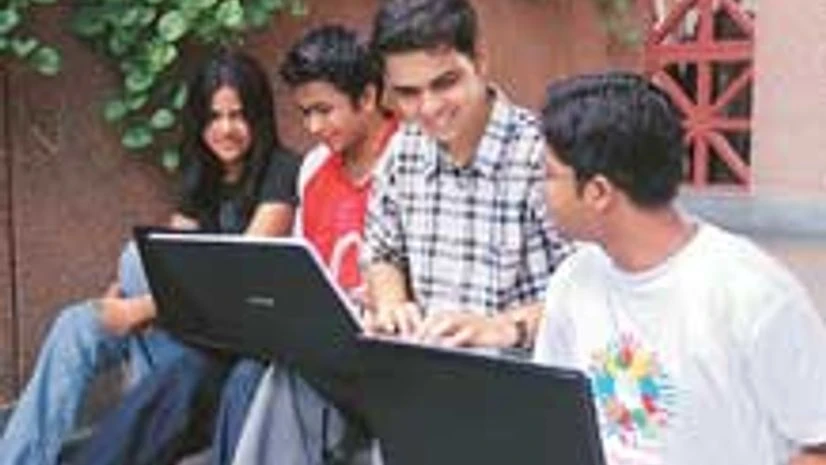The well-developed professional educational infrastructure in Hyderabad and its neighbourhood is going to become an important asset for the new state of Telangana. Residual Andhra Pradesh will get centrally-funded institutes like the Indian Institute of Technology and the Indian Institute of Management. For both states, quality of education will be a prime concern.
Almost half the 350,000 engineering seats and more than half of the 6,200 medical seats are available in the Telangana region. Engineering seats are already in oversupply, and this could pose a threat to the existence of some of the private colleges. Academicians say closure will mainly be on account of quality decay in these colleges.
| WHAT TELANGANA ALREADY HAS |
|
The reimbursement of tuition fees to students by the government in undivided Andhra Pradesh helped fill a large number of seats in these colleges. The state follows admissions to professional colleges through a common entrance exam, Eamcet. Last year, 395,000 students appeared for Eamcet and 200,000 qualified. This year, 389,000 students took the test.
More From This Section
"The need of the hour is to allocate necessary funds to address the quality gap between the state and central universities," says Andhra University Vice-Chancellor G Suryanarayana Raju.
A change in priority is also visible among residual Andhra students. Andhra University, a state university, saw a 25 per cent jump in applicants for the current academic year for courses in sciences, according to Suryanarayana Raju.
Chukka Ramaiah's IIT entrance institute in Hyderabad was among the most-sought after till three years ago. This year, however, it saw a 50 per cent drop in applicants. "As against 12,000 students last year, around 6,000 sat for the test this time. The drop was due to changed priorities for students from Seemandhra," admits Ramaiah.
The Andhra Pradesh Reorganisation Bill, 2014, stresses the continuance of existing policies in education in Hyderabad for the next 10 years.
However, some Seemandhra youths in Hyderabad are worried about regional politics denting their job prospects in Telangana, and others are concerned whether their degrees will be recognised by the new state. Rules of the undivided Andhra Pradesh might not remain valid from June when the two states come into being. Some are worried about an imminent relocation to the residuary state. Nevertheless, proposals to set up an an IIT, IIM, Indian Institute of Science Education and Research, a central university, a petroleum university, an agricultural university, a super-speciality hospital-cum-teaching institute and a National Institute of Disaster Management in residual Andhra has brought hope to those looking for better job prospects here. "I think this would result in more opportunities for those looking for jobs in their home towns. We expect good development in the newly formed state," said A Chaitanya Bhaskar, an employee of Tata Consultancy Services in Hyderabad.
According to the Confederation of Indian Industry (CII), the Vijayawada region has excellent human resources, as there are nearly 100,000 graduates, including 13,500 engineering graduates, from 35 colleges and 2,600 Master of Computer Application (MCA) postgraduates from 46 colleges passing out annually.
The spurt in the information technology industry in Hyderabad almost coincided with the growth in private colleges, as they formed the supply base of skilled manpower to these companies. Residual Andhra will have to wait to see this kind of development. According to CII, it will take at least five years to witness growth in the infotech sector after the new government assumes office in residual Andhra.

)
